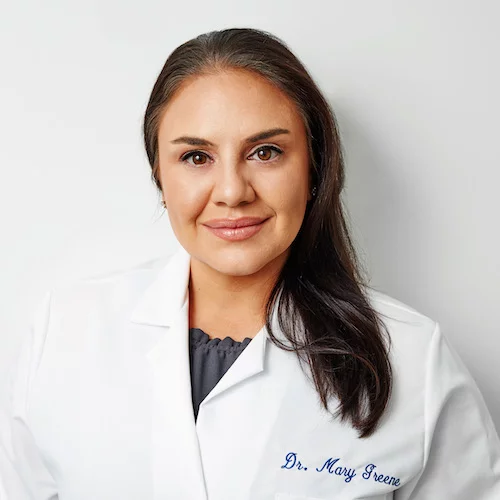What is Chest Pain?
Chest pain may be associated with a number of different medical issues, including some serious cardiovascular conditions. This symptom describes pain or discomfort affecting the chest or thoracic region of the body, which may manifest differently from person to person. While chest pain does not always necessarily signify a major health risk, it can be a symptom of severe and life-threatening issues and should always be taken seriously. If you are experiencing chest pain in NYC, it’s important to seek medical attention promptly to rule out urgent conditions.
What Are The Causes of Chest Pain?
There are many cardiovascular and non-cardiovascular causes of chest pain. A heart attack (myocardial infarction) is one of the most serious reasons why you may experience chest pain, but it can also point to other cardiac conditions, including:
- Aortic dissection: A tear in the walls of the aorta, the largest artery in the body
- Pericarditis: Swelling or inflammation of the tissue surrounding the heart
- Myocarditis: Inflammation of the heart muscle itself
- Tamponade: Pressure on the heart caused by fluid buildup in the surrounding sac
- Arrhythmia: An abnormally fast, slow, or irregular heartbeat
- Valvular disease: Damage or weakening of one or more heart valves
Non-cardiac causes may be as simple as heartburn but can also include serious conditions such as pneumonia, pulmonary embolism, or costochondritis (inflammation of the ribcage cartilage). Chest pain can also result from trauma, including a collapsed lung or broken ribs.
What Are The Signs And Symptoms of Chest Pain?
Chest pain can present as sharp, stabbing pain, a dull ache, or a burning sensation. It may be localized to the chest or radiate outward to the arms, upper back, or jaw. Pain that persists or worsens should be immediately reported to a doctor, especially if you have a personal or family history of heart disease. Access to timely chest pain treatment in NYC can help ensure early diagnosis and better outcomes.
What Are The Risk Factors of Chest Pain?
Risk factors depend on the underlying cause but can include:
- Family history of coronary artery disease, hypertension, hyperlipidemia, or diabetes
- Lifestyle choices such as smoking, poor diet, lack of exercise, or excessive alcohol use
Understanding these risks is particularly important for patients experiencing recurring chest pain in NYC, where access to advanced cardiac care is readily available.
How is Chest Pain Diagnosed?
Your doctor will begin by reviewing your symptoms, medical history, and potential risk factors. Diagnostic tools may include:
- Echocardiogram or stress echocardiogram
- Blood tests to check for cardiac enzymes or inflammation
- Imaging studies such as chest X-rays, CT angiography (CTA), or cardiac catheterization
When it comes to chest pain treatment in NYC, having access to advanced imaging and emergency care is vital for timely intervention in life-threatening cases like heart attacks.
What Are Possible Treatments For Chest Pain?
Treatment depends on the root cause. Options may include:
- Medications to address pain, blood pressure, or cholesterol
- Lifestyle changes such as quitting smoking, exercising more, or adopting a heart-healthy diet
- Managing underlying conditions like diabetes or hypertension
- Interventional procedures such as stents or bypass surgery if caused by arterial blockages
If you require chest pain treatment in NYC, you can expect a comprehensive, individualized care plan tailored to your condition and health history.
Are There Preventative Steps or Measures To Avoid Chest Pain?
Preventing chest pain often comes down to managing risk factors. Steps include:
- Maintaining a heart-healthy diet low in saturated fats and cholesterol
- Exercising regularly
- Managing chronic conditions such as diabetes or high blood pressure
- Avoiding smoking and limiting alcohol intake
What Are The Risks If Chest Pain Is Left Untreated?
Leaving chest pain untreated can result in severe complications, including:
- Heart attack
- Pulmonary embolism
- Cardiac tamponade
- Worsening infections or inflammation
Key Takeaways About Chest Pain
Chest pain can vary in severity, duration, and sensation, but it should always be taken seriously. It may indicate a potentially life-threatening cardiac condition, such as a heart attack or pulmonary embolism. Once the cause is identified, treatment may include medications, lifestyle changes, or interventional procedures such as stent placement or bypass surgery. Prompt evaluation and access to chest pain treatment in NYC can make a significant difference in reducing risks and improving recovery outcomes.


